Evelyn Haslinger
How will artificial intelligence change the future of software testing?
#1about 3 minutes
The high cost and inherent challenges of software testing
Software bugs cause billions in damages annually because humans are imprecise and overlook mistakes, making thorough testing essential but difficult.
#2about 4 minutes
Comparing the costs and benefits of manual vs automated testing
While automated testing has a high initial investment, it scales far better than the continuous effort required for manual testing in modern development cycles.
#3about 3 minutes
Why traditional testing methods fail to guarantee quality
Both manual and automated testing rely on humans to find all critical test cases, which is impossible and leads to overlooked bugs.
#4about 3 minutes
Envisioning the future of testing with artificial intelligence
The next leap in software quality involves AI automating the entire testing process, including finding all relevant test cases, to make development faster and more accurate.
#5about 3 minutes
Understanding the structure of the automated testing pyramid
The testing pyramid is a best practice that advocates for a majority of tests at the unit level, followed by fewer integration and system tests.
#6about 6 minutes
The challenges of writing comprehensive and effective unit tests
Writing good unit tests is difficult because it requires finding inputs for every code path and considering implementation-specific errors like integer overflows.
#7about 2 minutes
Comparing techniques for automated test case generation
While boundary value analysis and fuzzing can find some bugs, symbolic execution is a more targeted technique for achieving high test coverage.
#8about 6 minutes
How symbolic execution systematically explores all code paths
Symbolic execution analyzes code by treating inputs as symbols and using a constraint solver to find concrete values that trigger every possible execution branch.
#9about 3 minutes
Introducing Sunflower for autonomous unit test generation
The Sunflower product uses symbolic execution to automatically generate, execute, and maintain a full suite of unit tests with high path coverage.
#10about 4 minutes
Live demo of the Sunflower dashboard and a basic example
A walkthrough of the product's UI shows how it analyzes a simple function and automatically generates test cases, including one that finds an integer overflow bug.
#11about 3 minutes
Demo of analyzing complex code and finding logical errors
The tool can analyze functions with complex control flow and identify subtle issues like null pointer exceptions and logical errors in edge cases.
#12about 3 minutes
Demo of automatic mock generation for testing interfaces
Sunflower automatically generates mocks for interface dependencies, enabling true unit testing in isolation without manual setup.
Related jobs
Jobs that call for the skills explored in this talk.
Featured Partners
Related Videos
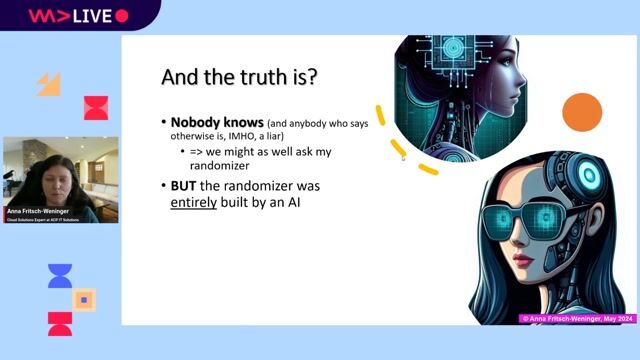 58:06
58:06From Syntax to Singularity: AI’s Impact on Developer Roles
Anna Fritsch-Weninger
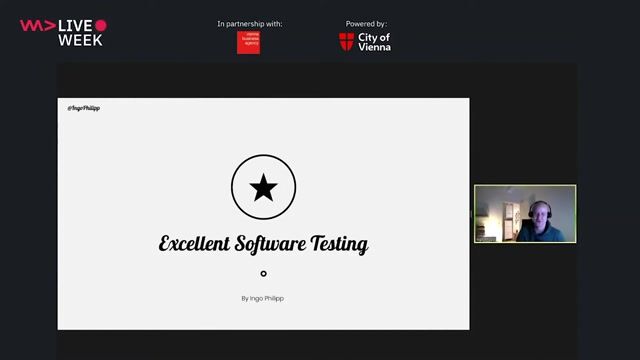 34:41
34:41Excellent Software Testing
Ingo Philipp
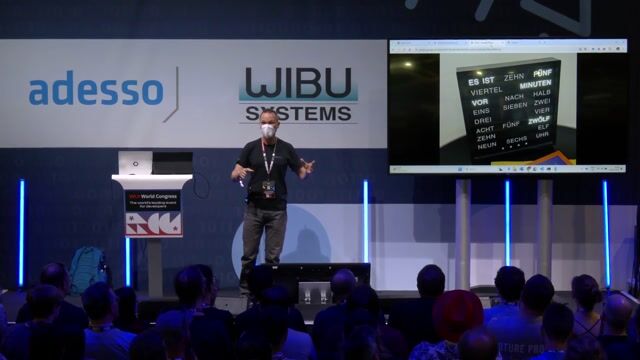 31:39
31:39Livecoding with AI
Rainer Stropek
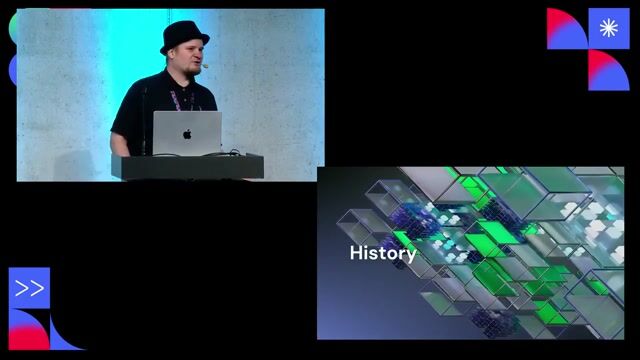 30:24
30:24ChatGPT: Create a Presentation!
Markus Walker
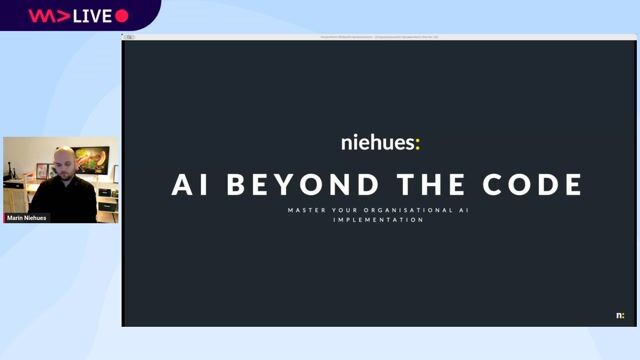 30:49
30:49AI beyond the code: Master your organisational AI implementation.
Marin Niehues
 47:35
47:35Panel discussion: Developing in an AI world - are we all demoted to reviewers? WeAreDevelopers WebDev & AI Day March2025
Laurie Voss, Rey Bango, Hannah Foxwell, Rizel Scarlett & Thomas Steiner
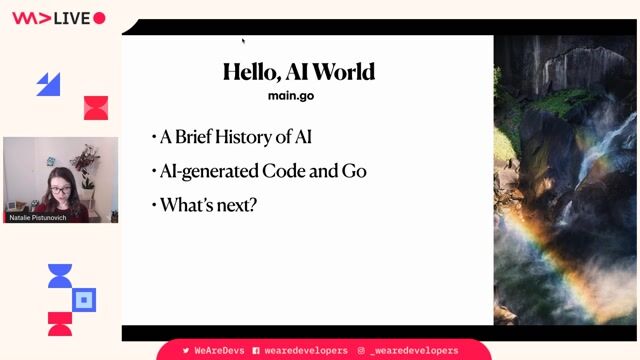 49:57
49:57MLOps and AI Driven Development
Natalie Pistunovich
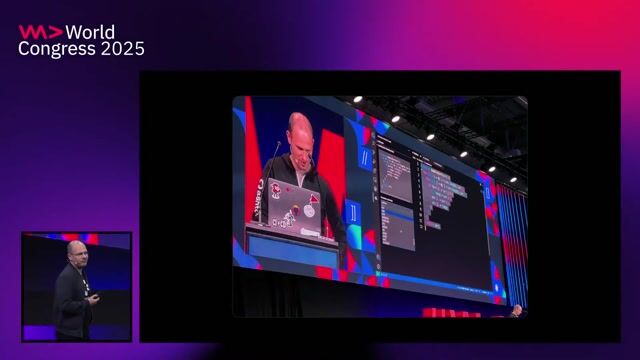 39:11
39:11Agents for the Sake of Happiness
Thomas Dohmke
From learning to earning
Jobs that call for the skills explored in this talk.


Senior Backend Engineer – AI Integration (m/w/x)
chatlyn GmbH
Vienna, Austria
Senior
JavaScript
AI-assisted coding tools
Machine Learning Scientist (AI for Code)
SonarSource
Bochum, Germany
Java
Python
PyTorch
TensorFlow
Machine Learning
+1
Full-Stack Engineer - AI Agentic Systems
autonomous-teaming
Potsdam, Germany
Remote
Linux
Redis
React
Python
+7


